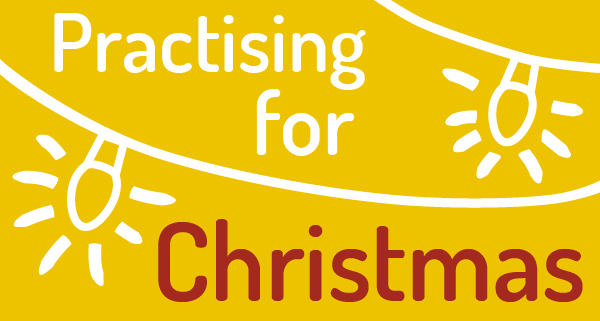Luke 2: 1-7
The Birth of Jesus
In those days Caesar Augustus issued a decree that a census should be taken of the entire Roman world. (This was the first census that took place while Quirinius was governor of Syria.) And everyone went to their own town to register.
So Joseph also went up from the town of Nazareth in Galilee to Judea, to Bethlehem the town of David, because he belonged to the house and line of David. He went there to register with Mary, who was pledged to be married to him and was expecting a child. While they were there, the time came for the baby to be born, and she gave birth to her firstborn, a son. She wrapped him in cloths and placed him in a manger, because there was no guest room available for them.
The innkeeper sometimes gets three words (‘sorry no room’) at a children’s nativity, but he doesn’t even get a mention in the biblical narrative. Yet someone had to give permission for Joseph and Mary to stay the night. ‘There’s too many people I need to thank, so rather than try and list everyone and risk missing someone out, let’s give a big round of applause to all the people who have worked hard behind the scenes …’ It’s not just a church carol service, which depends upon the willingness of un-named people, but the un-folding story of God entering into our world, our darkness.
‘she gave birth to her first-born son and wrapped him in swaddling cloths, and laid him in a manger, because there was no place for them in the inn’.
Willingness is a big deal in God’s eyes.
Read through the genealogy of Jesus in Matthew 1:1-17. Check out Jesus’ parable of the two sons in Matthew 21: 28-32. Observe the kind of willingness God rejoices in finding: those who do something about it, even if begrudgingly at first, is preferable to those who announce to the whole class they’ll do it, but actually do nothing.
Obviously, immediate willingness, followed by action gets full marks, but we can’t all be Elizabeth, or Mary!
The challenges to my willingness come thick and fast during Advent. The starting point seems to be how many people and occasions can I fit into the twenty-five days? However, if this is the starting point, it misses the point. What Lord, are you calling me towards? If this means paying attention to my heart attitudes towards other people and letting go of some of that frenetic activity which is aimed at impressing them, then I’ll be getting much closer to the point.
This gives me hope. Maybe it gives my wife Maggie hope that my first response to the idea of taking some responsibility for writing Christmas cards, may not be my final answer!
Because when I stop, I am more aware of what God is calling me towards than I sometimes acknowledge, I need to ask myself some searching questions:
Where am I willing? Whatever it is, can I say ‘I am the Lord’s servant?’ This means translating my willingness into action.
Where am I unwilling? Whatever it is, will I still be able to say ‘I am the Lord’s servant?’ This means repentance, a change of heart, a humbling, but the means to getting back in the flow of God’s outworking purposes.
| Prayer:
Dear Lord, help me in my willingness to follow you, not simply to become a hearer of your word, but also a doer. Show me, wherever I am demonstrating that I am unwilling to follow you, so that I might allow your Holy Spirit to remould my attitude and re-kindle my desire to pursue your purposes in and through my life. Amen. |

